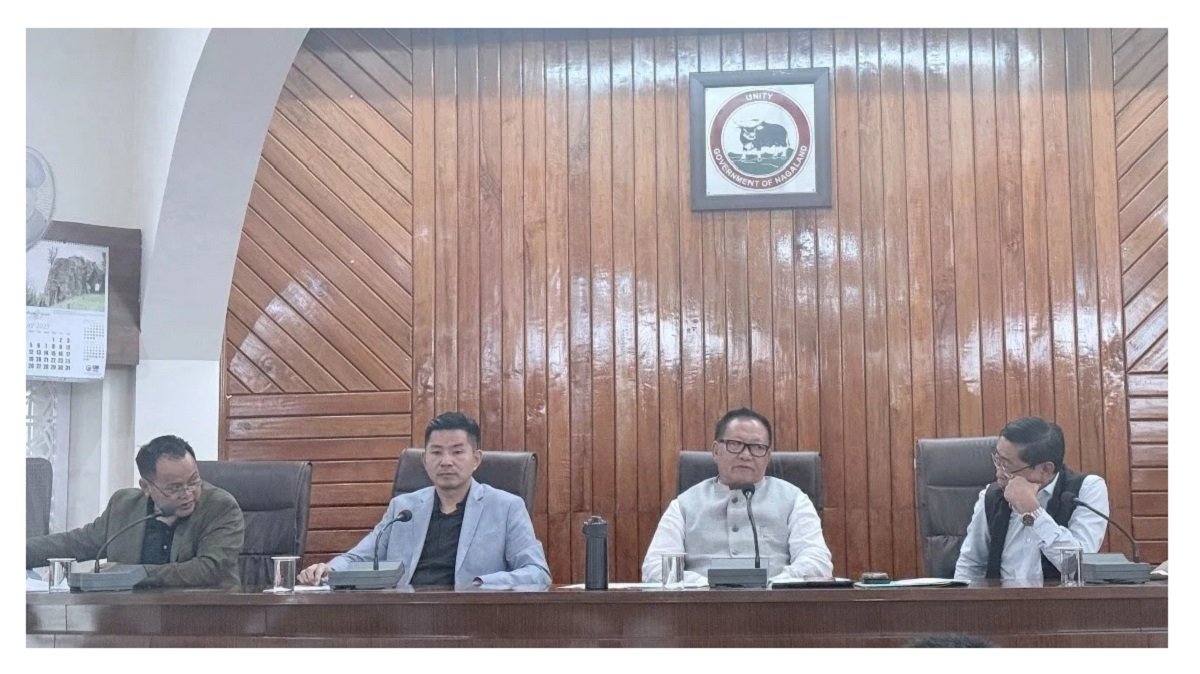In a significant move aimed at enhancing road connectivity and driving economic growth, the Government of Nagaland is actively considering the adoption of the National Highways Act, 1956. The proposal was at the centre of a high-level meeting chaired by Deputy Chief Minister T.R. Zeliang in Kohima on Tuesday, as the state evaluates the benefits and implications of bringing its road infrastructure under the purview of the central law. The meeting brought together senior officials and representatives from multiple key departments, including Works & Housing, Land Revenue, Law & Justice, and the Public Works Department (National Highways). Also present were the state’s Additional Advocate Generals and members of the district administration, reflecting the seriousness with which the state is approaching the matter. Deputy Chief Minister Zeliang stated that the Ministry of Road Transport and Highways (MoRTH) has clearly affirmed that the National Highways Act is applicable across all Indian states, including Nagaland. “The central law provides a unified legal framework for the construction, development, and maintenance of national highways. Its adoption would not only streamline project implementation but also ensure better compensation for affected landowners,” Zeliang remarked.
He further explained that unlike Nagaland’s existing Land Requisition and Acquisition Act of 1965, the NH Act includes provisions for compensation at market value, along with solatium and interest, which could significantly benefit local communities whose land is acquired for highway development. However, Zeliang also issued a word of caution. “If we continue to delay adopting the National Highways Act, it may lead to a slowdown in major infrastructure projects and jeopardize our access to central funding,” he warned. Drawing a comparison to the Women’s Reservation Act, he pointed out how delayed acceptance of nationally relevant laws often forces states to act under pressure. The discussion also addressed concerns surrounding Nagaland’s unique constitutional safeguards. Several participants raised the need to ensure that the adoption of the NH Act would not infringe upon Article 371A, which protects Naga customary laws and land ownership rights. There was consensus on the importance of harmonising national legislation with the state’s special provisions.
After a thorough deliberation, it was agreed that the Works & Housing Department, in coordination with the Law & Justice and Land Revenue Departments, would draft a Cabinet Memorandum. The document will present the findings and recommendations to the State Cabinet for review and decision-making. If approved, it could then be taken up for discussion in the Nagaland Legislative Assembly for legislative action. Commissioner and Secretary of the Works & Housing Department, Kesonyu Yhome, urged all departments to speed up internal processes. “Timely action is essential to avoid further delays in key infrastructure projects that are vital to the state’s development,” Yhome stated.




